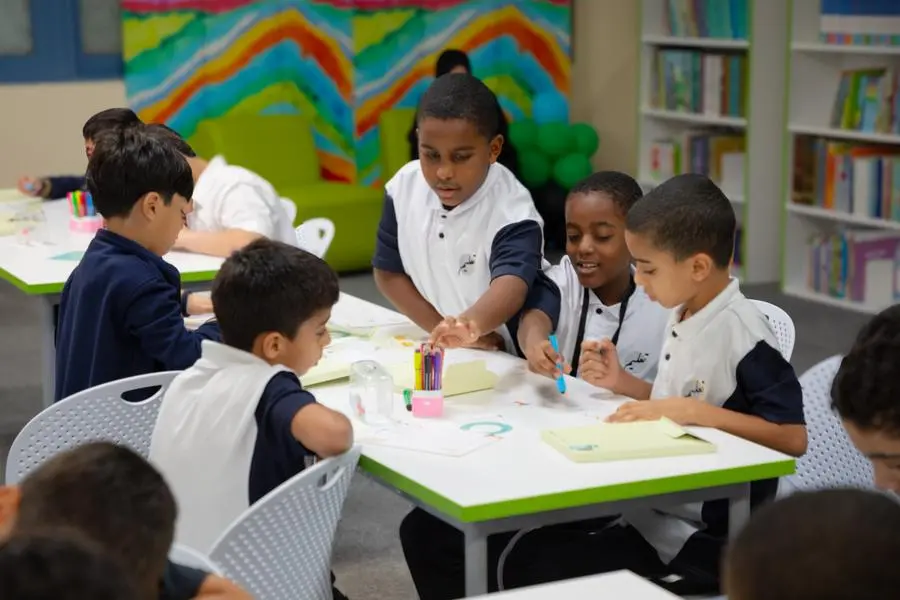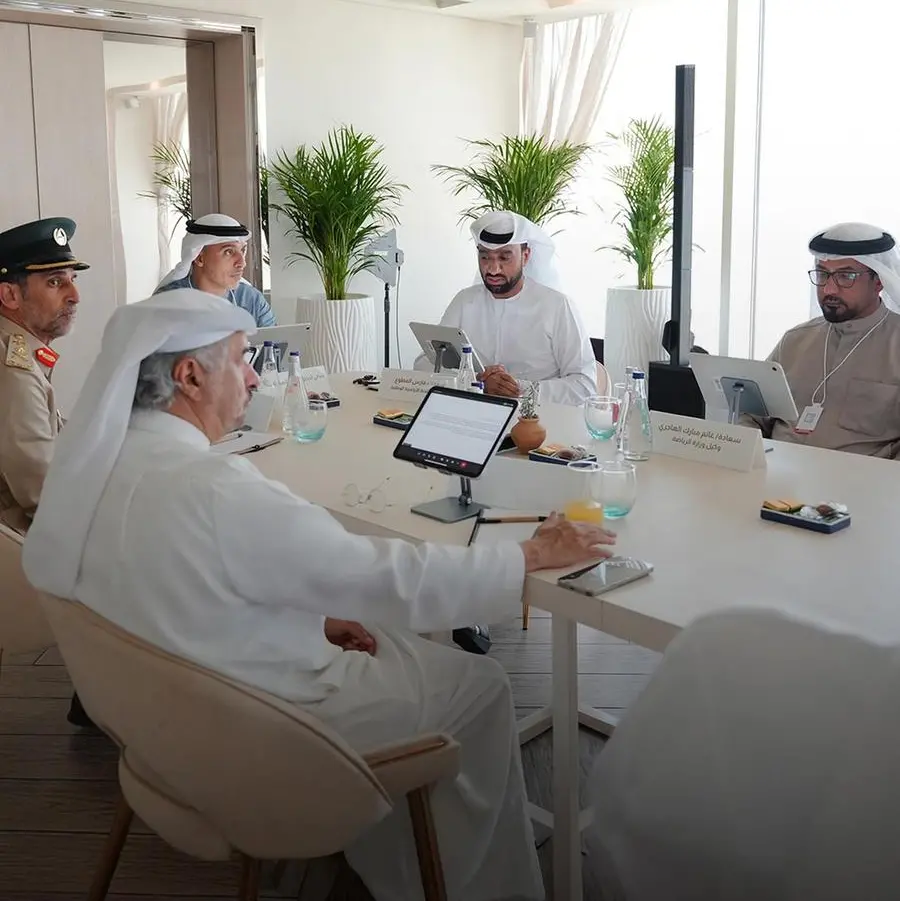PHOTO
UAE, Dubai: The Dubai Foundation for Women and Children (DFWAC) has launched a series of initiatives to support parents in preparing their children for the upcoming school year, with a particular focus on psychological readiness.
The foundation also took part in the "Hello, My School" initiative, organised by the Ministry of Education under the theme "From Student to Leader," by hosting the "Kindness Makes Us Stronger" event, in addition to other reading activities about “The Pencil That Found Himself” story at a number of government schools in Dubai.
The Foundation's initiative benefitted 106 participants, aiming to enhance the school's appeal as an attractive and stimulating environment for children. It sought to consolidate their moral characteristics and values, instill a sense of belonging and loyalty to the school, and strengthen the ties between the school, families, and the community.
The “Kindness Makes Us Stronger” event featured various activities using interactive cards designed by the Foundation to boost children's self-confidence and promote values such as accepting differences, respecting others, understanding feelings, and managing anger.
Meanwhile, the reading sessions about “The Pencil That Found Himself” story, part of the Child Protection Program, aimed to raise awareness about children’s mental and emotional health while emphasising positive values like empathy, kindness, and self-acceptance.
HE Shaikha Saeed Al Mansouri, Acting Director General of the Dubai Foundation for Women and Children, stressed that the Foundation is committed to leveraging special occasions to boost parents' and children's confidence. “We follow simple and flexible educational strategies to strengthen family bonds and support children's development of social skills and self-reliance, contributing to their balanced and stable personality growth. Additionally, we will spare no effort to address school bullying through comprehensive awareness programs for both children and parents.”
In line with this, the Foundation has launched a digital campaign across its social media channels, advising parents on establishing a school routine. The campaign includes tips on waking up early, preparing lunch bags, and reinforcing the idea that school is a second home where teachers offer support. It also aims to boost children's self-confidence and set clear goals for a positive start to the school year.
The campaign’s content encourages parents to acknowledge their children's achievements, praise their strengths, and discuss school challenges to develop a supportive plan. It also provides guidelines on recognising and addressing signs of low self-confidence, such as negative self-talk, and reassures children as they prepare to return to school.
The Foundation urges parents to help their children set clear, achievable goals for the school year that align with the child's age and cognitive abilities to mitigate stress and enhance understanding of any anxiety the child may experience. Parents are encouraged to be vigilant for signs of anxiety, such as withdrawal and loss of appetite, and to address these issues patiently and thoughtfully.
The campaign also highlights how to guide children through the pressures of material appearances and peer comparisons. By educating them about the diversity in material circumstances and capabilities, the initiative helps children learn to prioritise and manage their finances, fostering values of gratitude, appreciating the worth of things, and the significance of helping those in need.
Additionally, the campaign addresses the anxiety some children may feel about the prospect of bullying, particularly those who are perceived as different or have difficulty interacting with peers. The Foundation has consistently tackled bullying through various campaigns, initiatives, and specialised programs aimed at promoting inclusivity.
Furthermore, the campaign features essential guidelines for parents, emphasising the importance of teaching children that differences among people add value and diversity to life. These differences should not be seen as shortcomings but as unique strengths that enhance self-esteem.
Parents are advised to help children accept their individuality as an advantage and to engage in activities that increase opportunities for social interaction and friendship building. It is also important to constantly remind children that school is a safe environment where they are supported and valued.




















